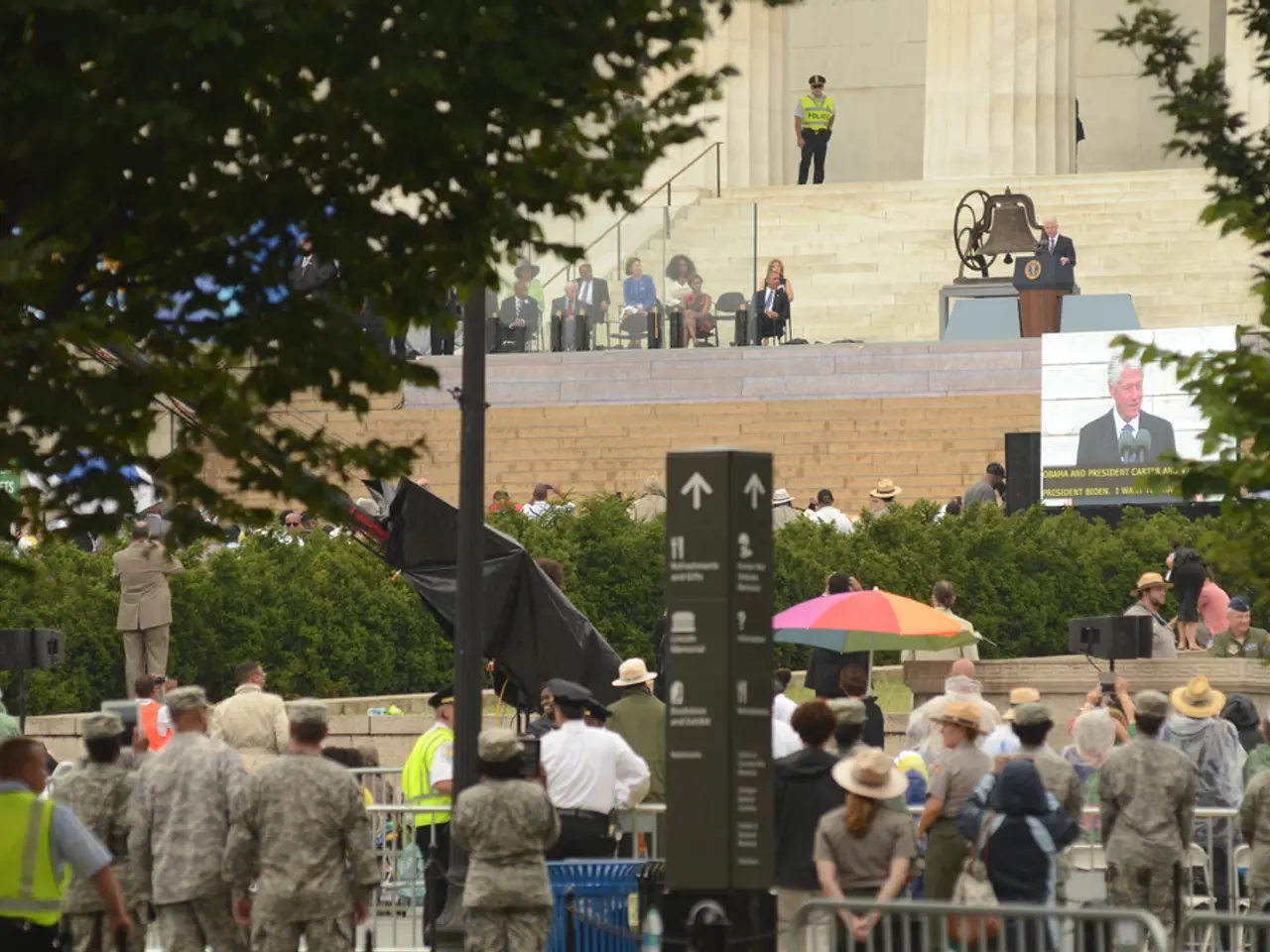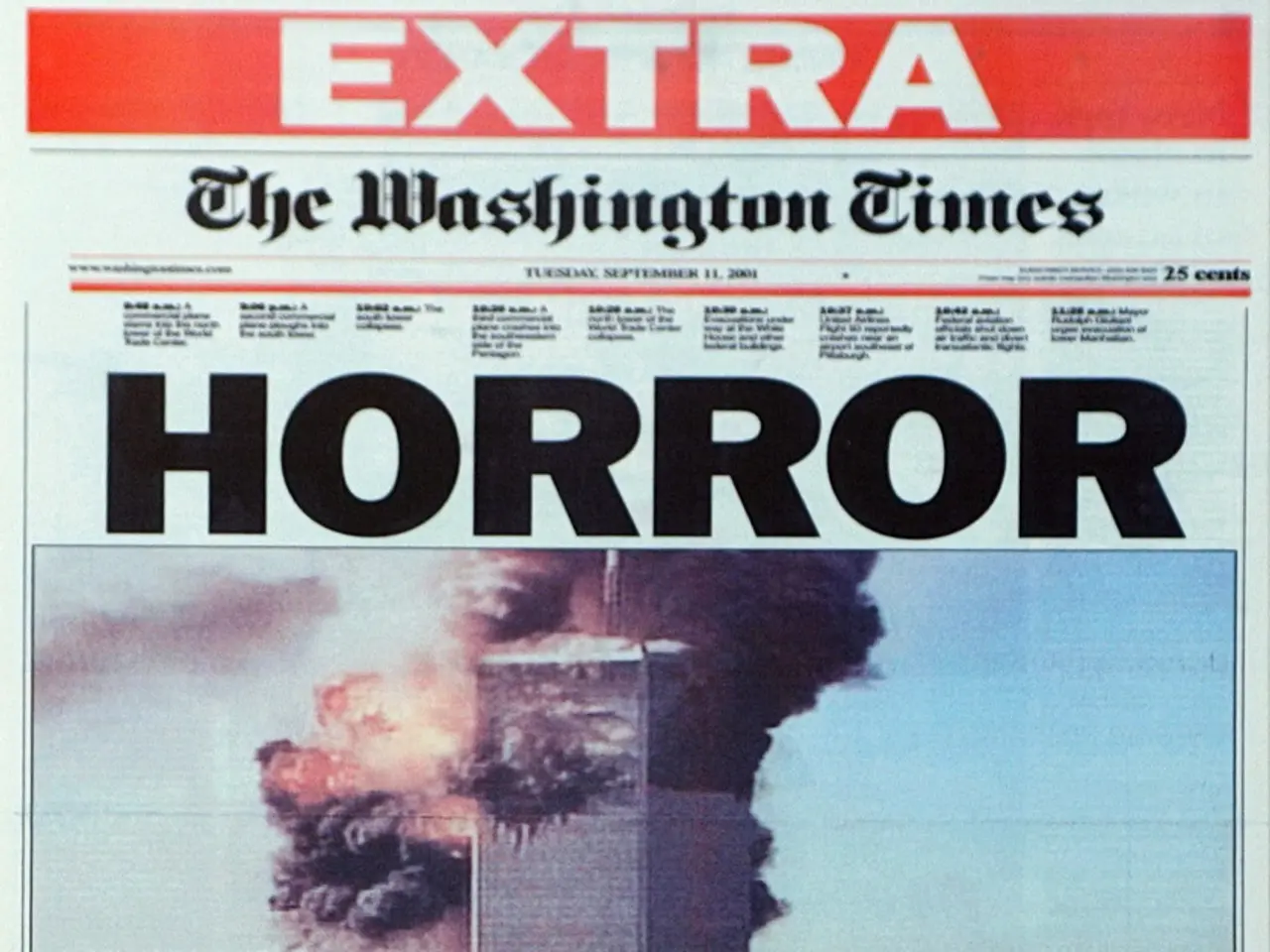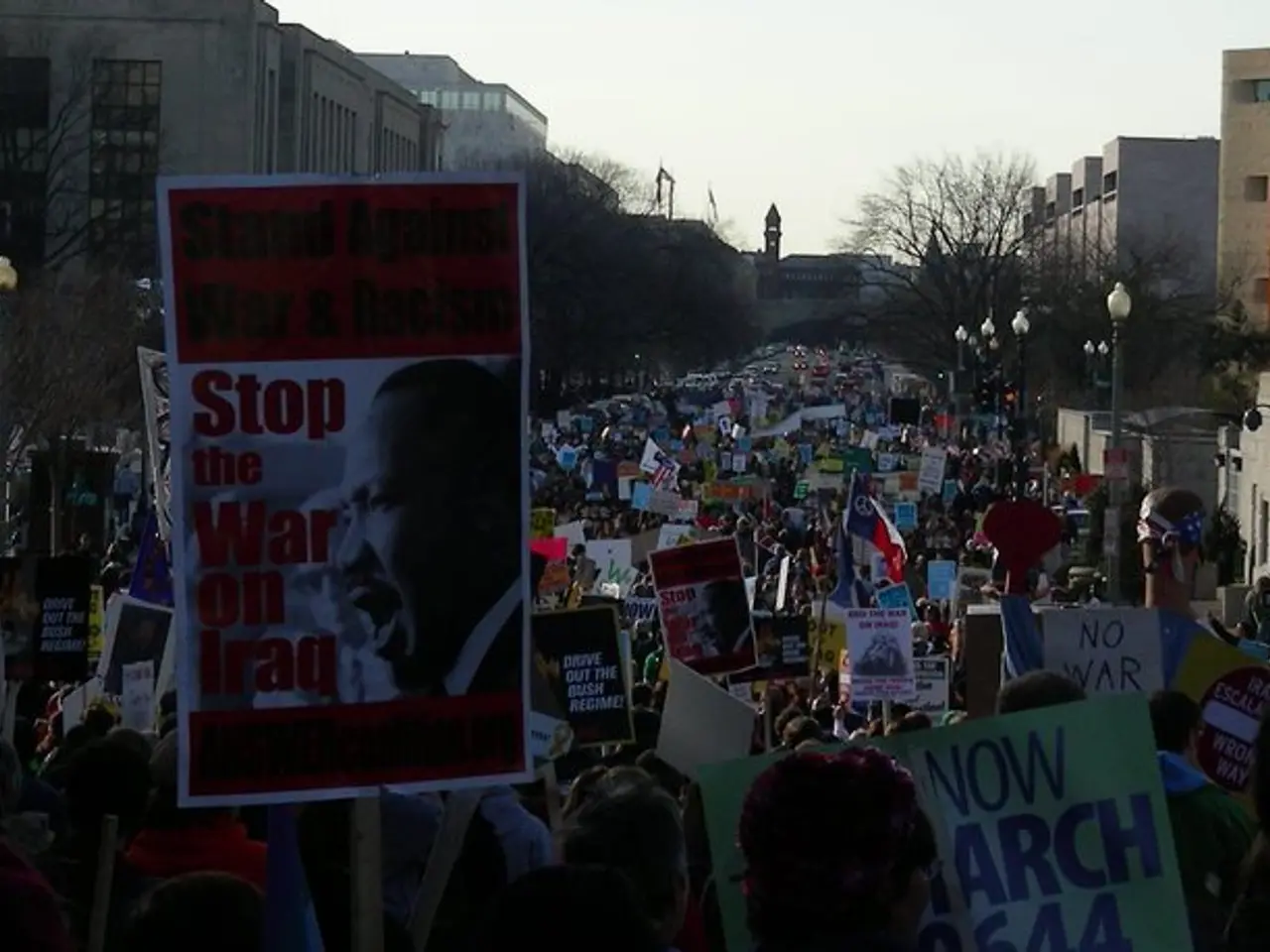Democrats in the Senate express concern over potential destruction of Iran's nuclear facilities following a classified briefing on possible military strikes.
Washington - Some Senate Democrats raised questions about the Trump administration's portrayal of the impact of the strikes on Iran's nuclear facilities after top officials briefed Senate members yesterday.
In recent days, President Trump repeatedly boasted "total annihilation" after three nuclear sites were covertly targeted by the U.S. Yet, an initial classified assessment finds that the attacks have only delayed Tehran's nuclear program by a few months, while Mr. Trump insisted the program was set back "essentially indefinitely."
Senators, however, voiced concerns that the program has not been wiped out as the president claimed. "I'm still firmly convinced that we haven't annihilated the program," said Sen. Chris Murphy, a Connecticut Democrat. "The president deliberately deceived the public when he declared it eradicated. It is undeniable that significant capability and equipment remain."
"You can't destroy knowledge through attacks - no matter how many scientists you kill," Murphy added. "There are still individuals in Iran who know how to operate centrifuges. And if they still possess enriched uranium and the ability to utilize centrifuges, then the program hasn't been set back by years. It's only been set back by months."
Sen. Mark Warner of Virginia, the top Democrat on the Senate Intelligence Committee, suggested that the administration may have jumped to a conclusion ahead of time. "I certainly hope that's the final assessment," Warner said. "But if not, does that lead to an erroneous sense of security for the American people?"
Senate Majority Leader Chuck Schumer, a New York Democrat, expressed concern about whether the nuclear stockpile was truly eliminated. "One thing that was clear is that there was no clear strategy, no end goal, no blueprint regarding how Iran won't attain a nuclear weapon," Schumer stated.
Democratic Sen. Richard Blumenthal of Connecticut emphasized that only a final damage assessment would establish whether the assertions were accurate. "In essence, we don't know. Anyone who claims we have definitive knowledge is inventing facts because we haven't received a final assessment," he said. "I believe 'eradicated' implies finality, suggesting the possibility of no future reconstruction. But given our present information, I think the term is exaggerated."
Blumenthal, however, commended the military action as "one that will be etched in military history."
"Certainly, this mission was successful in causing significant destruction and perhaps significant damage to the Iranian nuclear weapons program," he said. "However, the length and the magnitude of the setback remain uncertain, as it rests in the hands of the intelligence community."
Republican Sen. Lindsey Graham of South Carolina supported the administration's portrayal but admitted that Iran's abilities could be restored at some point.
"It's vital to comprehend that the sites weren't just severely damaged or eradicated; they were indeed destroyed," Graham stated after the classified briefing. "But we must not allow ourselves to believe that the problem is resolved, because it isn't."
Graham believed the program was set back by several years, while Republican Sen. Kevin Cramer of North Dakota expressed confidence "it's been set back by at least a year."
Republican Sen. Tom Cotton of Arkansas, chairman of the Senate Intelligence Committee, stated that the attacks "essentially destroyed Iran's nuclear program." Cotton added that the initial assessment contained multiple intelligence gaps and "assumed the worst-case scenario with perfect conditions in Iran."
Top intelligence officials revealed on Wednesday that new intelligence showed the nuclear program had been "severely harmed" and its facilities had been "razed." It would take Iran "years" to reconstruct the facilities, according to CIA Director John Ratcliffe and Director of National Intelligence Tulsi Gabbard.
Ratcliffe was one of those who briefed the senators, along with Secretary of State Marco Rubio, national security adviser Marco Rubio, and Chairman of the Joint Chiefs of Staff Gen. Dan Caine.
The briefing had initially been scheduled for Tuesday but was postponed for two days, causing consternation among some Democrats who demanded swift disclosure about the military action after initially being left in the dark about the strikes.
Overall, the initial classified assessment of the Trump administration, alongside Israeli officials, claimed that the precision strikes caused significant, years-long setbacks to Iran’s nuclear weapons capability. However, Senate Democrats and some analysts have expressed doubt about the completeness and accuracy of this assessment, considering Iran's retained enriched uranium stockpile, which could pose a long-term threat if Tehran decides to restore the program. The degradation of Iran’s enrichment capabilities, while significant, is temporary, and it remains uncertain whether Iran still retains the necessary knowledge and infrastructure to build an actual nuclear weapon following the campaign that targeted nuclear scientists and facilities.
- The Senate Democrats expressed concerns about the Trump administration's portrayal of the impact of the strikes on Iran's nuclear facilities, questioning if the program has truly been eradicated as claimed by the president.
- Senate Majority Leader Chuck Schumer voiced his concern about the absence of a clear strategy or end goal regarding how Iran will not attain a nuclear weapon, implying that the nuclear stockpile may not have been eliminated.
- Republican Sen. Lindsey Graham supported the administration's portrayal of the strikes but admitted that Iran's abilities could be restored at some point, raising doubts about the permanence of the setback to Iran's nuclear weapons program.







